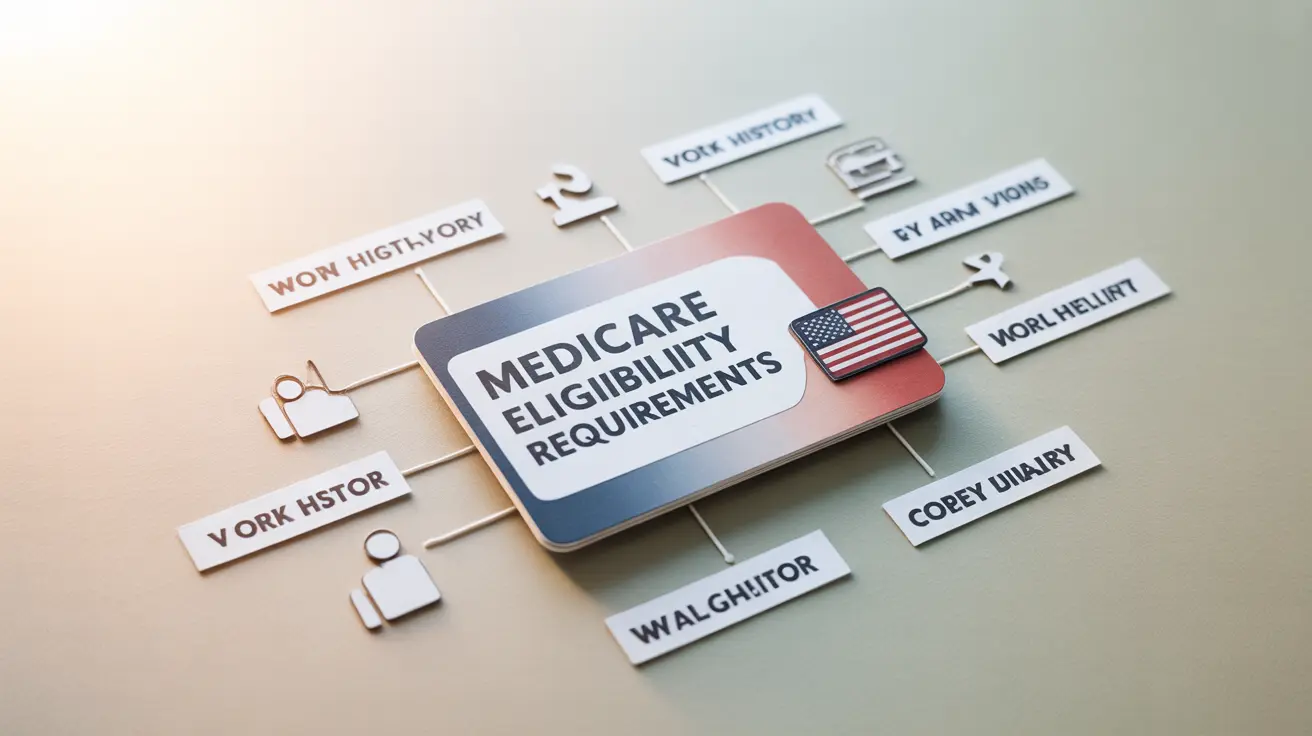While many Americans automatically become eligible for Medicare when they turn 65, not everyone qualifies for this federal health insurance program. Understanding who is not eligible for Medicare at age 65 is crucial for proper healthcare planning and avoiding coverage gaps. This comprehensive guide will help you understand the exceptions to Medicare eligibility and explore alternative options.
Work History Requirements and Medicare Eligibility
The primary factor determining Medicare eligibility at age 65 is your work history in the United States. To qualify for premium-free Medicare Part A, you need to have accumulated at least 40 quarters (10 years) of Medicare-covered employment. During these quarters, you must have paid Medicare taxes through your employer or self-employment income.
Those who haven't met these work requirements may face challenges accessing Medicare benefits or may need to pay premiums for coverage that others receive without charge.
Citizenship and Residency Requirements
Immigration status and length of residency in the United States can affect Medicare eligibility. To qualify for Medicare at 65, you typically need to be either:
- A U.S. citizen
- A permanent resident who has lived in the U.S. continuously for at least 5 years
- A green card holder meeting specific requirements
Recent immigrants or those with temporary visas may not be eligible for Medicare benefits, even if they're 65 or older.
Options for Those Who Don't Qualify for Premium-Free Part A
If you don't meet the work history requirements for premium-free Part A, you still have several options:
- Purchase Medicare Part A by paying monthly premiums
- Qualify through a spouse's work history
- Explore state assistance programs
- Consider private health insurance alternatives
The cost of purchasing Medicare Part A can be substantial, so it's essential to evaluate all available options carefully.
Spousal Benefits and Medicare Eligibility
Even if you haven't personally met the work requirements, you might qualify for Medicare through your spouse's work history if:
- Your spouse has accumulated the necessary 40 quarters of covered employment
- You've been married for at least one year
- Your spouse is at least 62 years old
This provision helps ensure coverage for spouses who may have spent their careers as homemakers or in non-covered employment.
Working Past 65: Delayed Enrollment Considerations
If you're still working at 65 and covered by your employer's health insurance, you might choose to delay Medicare enrollment. However, this decision requires careful consideration of:
- The size of your employer (20+ employees required for delayed enrollment without penalties)
- The quality and cost of your current coverage compared to Medicare
- Future premium penalties if you don't enroll when first eligible
- Coordination of benefits between Medicare and employer coverage
Frequently Asked Questions
Who is not eligible for Medicare at age 65 based on work history? Individuals who haven't accumulated 40 quarters (10 years) of Medicare-covered employment are not eligible for premium-free Medicare Part A at age 65. They may need to pay premiums to receive coverage.
Can non-U.S. citizens or recent residents qualify for Medicare at age 65? Non-U.S. citizens must be permanent residents who have lived in the United States continuously for at least 5 years to qualify for Medicare at 65. Recent immigrants or those with temporary visas typically don't qualify.
What options are available for people who do not qualify for premium-free Medicare Part A at 65? Options include paying premiums for Part A coverage, qualifying through a spouse's work history, exploring state assistance programs, or considering private health insurance alternatives.
How does having a spouse with Medicare-covered work history affect eligibility at age 65? You may qualify for Medicare through your spouse's work history if they have 40 quarters of covered employment, you've been married for at least one year, and your spouse is at least 62 years old.
Can I delay Medicare enrollment if I am still working at age 65 and what are the consequences? Yes, you can delay enrollment if you have qualifying employer coverage from a company with 20+ employees. However, you must carefully consider potential future premium penalties and ensure proper coordination of benefits to avoid coverage gaps.




